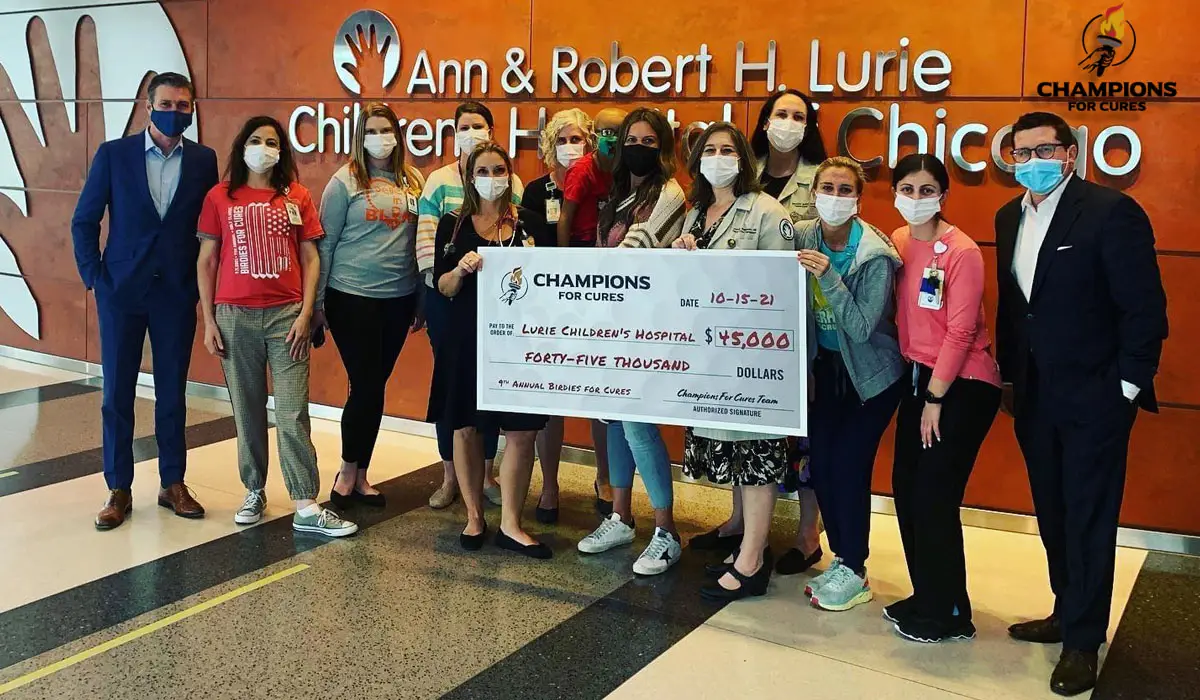
Valley Of Death: The Funding Dilemma In Clinical Trials
Clinical Trial Funding Is A "Valley Of Death"
Scientific publications are needed to advance research and share information with other scientists. They are the most important way for researchers to share their findings, learn from each other, and inspire more research. But writing scientific publications can be difficult and take a lot of time. You need to know a lot about the subject and the publishing process. This is where medical writers come in.
Professional medical writers help scientists write scientific manuscripts, abstracts, and other documents. They help with research, analyzing data, and putting together manuscripts. Even though medical writers can help scientific journals. Their work raises many ethical questions.
In a recent article in Translational Medicine Communications. The authors talk about medical writers’ different roles and responsibilities in scientific publications. As well as, the ethical questions that come up with their work. The report highlights the importance of transparency and accountability in the industry. It suggests that there is a need for greater regulation.
Authorship and ghostwriting in medicine raise moral questions. Medical writing standardization and clinical trial funding will also be discussed. Highlighting industry biases and conflicts of interest and advocating for greater transparency.
Finally, we will propose ethical and funding solutions.
Ethical Concerns Surrounding Medical Writing
Medical writers help with scientific publications. Their involvement raises ethical concerns. This section discusses authorship, ghostwriting, and medical writing standards.
A. Authorship
Medical writers are often hired to write whole manuscripts or parts of them. In which raises questions about how to give credit to the right person. The issue of authorship is critical because it determines who gets credit for the work. And who handles the accuracy and integrity of the manuscript.
Medical writers the credit they deserve for what they did for the manuscript. Yet, you should also disclose their involvement to readers. This would help to ensure transparency and accountability in the scientific publication process.
B. Ghostwriting
Ghostwriting is another significant ethical concern associated with medical writing. This happens when medical writers are hired to write scientific papers but need to say they are doing so. This can hurt the credibility of scientific papers and make people wonder if the results are correct.
The article calls for more openness in the industry. Medical writers should have to say what role they played in writing scientific manuscripts. Journals should also have clear policies for dealing with cases of ghostwriting. This will ensure that publishing scientific research is open and accountable.
C. Standardization In the Medical Writing Industry
At the moment, there are no general rules or standards for writing in the medical field. Due to this lack of standardization, scientific papers may not be as clear or of the same quality as they could be.
According to a sourced article, organizations should work on making clear rules and standards for medical writing. Medical writers should be held responsible for following these rules.
This would make sure that all rules and guidelines are followed and that scientific papers are of the highest quality.

The Funding Problem In Clinical Trials
Clinical trials are necessary for medical research to move forward and for patients to get new treatments. But it can be hard to find money for clinical trials, and where the money comes from can have moral implications.
Company-funded clinical trials can lead to conflicts of interest and biases, as discussed in this article.
A. Challenges With Funding Clinical Trials
can be challenging, particularly for smaller organizations and academic institutions. Clinical trials can be expensive, and getting money for them can be difficult. This can slow down research and mean you might not find promising treatments.
B. Biases And Conflicts Of Interest Associated With Industry Funding
One of the biggest worries about industry funding is that it could lead to bias and other problems. When a company funds a clinical trial, they have a vested interest in the outcome. If the test is successful, the company can use the results to promote its product and make more money.
This can pressure the researchers running the trial to get good results, even if the results aren’t exactly correct. This can compromise the trial’s integrity and the results’ accuracy.
C. Increased Transparency In Clinical Trial Funding
To deal with these worries, some researchers and organizations have pushed for more openness about how clinical trials are paid for. They say that letting people know where the money for clinical trials comes from can help find possible conflicts of interest and make sure that the test results are fair and accurate.
This would help make sure that clinical trials are done in a fair and open way, putting the health and safety of the public ahead of the needs of the industry.
D. Government And Public Funding For Clinical Trials
Another solution is to increase government and public funding for clinical trials. Government-funded clinical trials are fair and unbiased because industry funding puts pressure on results.
Public funding can also ensure that clinical trials are conducted in the best interests of the public rather than the industry. Public money can also be used to start clinical trials. But the results and funding sources must be made public.
Funding for clinical trials is a complicated issue with moral implications. It’s important to think about possible biases and conflicts of interest.
Potential Solutions
The funding issue in clinical trials, as well as the ethical issues associated with medical writing, need action and thought. This section of the article will focus on possible solutions to these issues.

A. Government Funding For Clinical Trials
When the government pays for clinical trials, they can be done in a fair and unbiased way. Without the pressure that comes with industry funding, which is to get good results. The government can also set rules and guidelines for clinical trials to make sure they are done in an honest and fair way.
B. Public Funding For Clinical Trials
When clinical trials are paid for by the public, they are more likely to be done with the public’s best interests in mind instead of those of the industry. It can also make clinical trials more open by making sure that the results and sources of funding are made public.
C. Transparency In Clinical Trial Funding
More openness about how clinical trials are funded helps find possible conflicts of interest. It makes sure that the results of the tests are accurate and unbiased. Sharing where the money for clinical trials comes from can help maintain the trials’ integrity and the public’s trust.
D. Standardization In the Medical Writing Industry
Because there aren’t many rules in the field of medical writing, it can be hard to make sure that scientific papers are always clear. Scientific journals can be of the highest quality. Follow all rules and procedures if there are clear standards and guidelines for writing about medicine.
E. Accountability For Medical Writers
should be held responsible for following the rules and standards for writing in the medical field. This would ensure that scientific papers are of the highest quality and follow all rules and guidelines.
F. Collaboration And Partnerships
When businesses, government agencies, and academic institutions work together and form partnerships, it’s easier to get money for clinical trials. It speeds up the process of making new medicines. When people work together, they can also make sure that clinical trials are done in a clear and ethical way.
These solutions may help with clinical trial funding and medical paper ethics. Consider these alternatives and work to open up medical research and scientific publications.
Concerns about ethics in medical writing and a lack of money for clinical trials are big problems that need attention and action. The scientific publication process is vital for moving research forward, and you must do it.
Clinical trials must be funded in a clear and honest way. They are to stay simple and keep the public’s trust. With more money from the public and the government. Clinical trials can be done in a fair way that puts public health and well-being ahead of business interests.
Standardization in medical writing ensures high-quality scientific publications that follow all guidelines. Medical writers should be held accountable for following medical document writing guidelines and credited for their manuscript contributions.
When universities, government agencies, and businesses work together and form partnerships, it’s easier to get money for clinical trials. It makes it easier to come up with new treatments. Collaboration can also make sure that clinical trials are done in an honest, open way that follows the rules.
Finally, ethics, scientific publications, and funding must be considered. This article suggests ways to improve transparency, accountability, and ethics. Researchers, policymakers, and stakeholders must work together to make medical research and scientific publications more honest.
